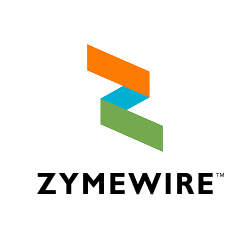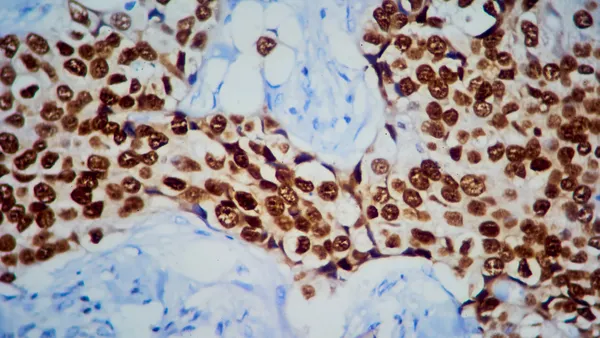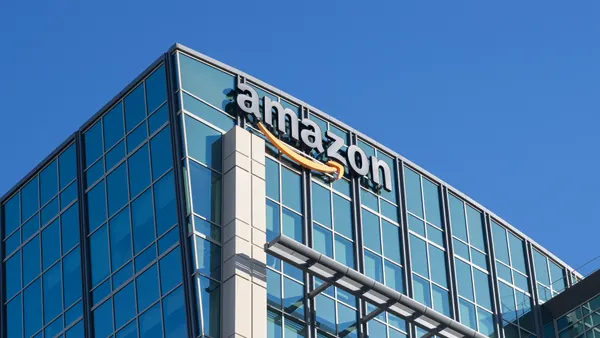Today, a brief rundown of news involving Merck and Vanda Pharmaceuticals, as well as updates from Sanofi and Novo Holdings that you may have missed.
Halozyme Therapeutics has sued Merck & Co., alleging that the pharmaceutical company is infringing on multiple patents in developing a subcutaneous form of the cancer immunotherapy Keytruda. Halozyme has a drug delivery technology that can turn intravenously infused medicines into under-the-skin injections. The company licensed it to several drugmakers, among them Bristol Myers Squibb and Roche, which have used the technology to make subcutaneous versions of their own cancer immunotherapies. Halozyme expected Merck to do the same, but claimed the company instead used its technology to develop subcutaneous Keytruda “without Halozyme’s permission.” The Food and Drug Administration could approve the drug by Sept. 23. Halozyme is seeking damages and injunctive relief. — Jonathan Gardner
Recent mass job cuts have impacted the FDA’s ability to respond to Vanda Pharmaceuticals’ challenge to a drug rejection the agency issued last year. Vanda previously claimed the FDA “disregarded the evidence” from two placebo-controlled trials in turning back its gastroparesis drug. The company then challenged the ruling and accepted the agency’s offer of an opportunity for a hearing. However, in a federal court filing, the FDA said layoffs are “partially” to blame for that hearing not yet being recommended to commissioner Martin Makary, according to Vanda. The company called on Makary to step in and “restore adherence to the law.” — Ben Fidler
Sanofi revealed Thursday that a closely watched immune drug prospect failed a Phase 2 study in psoriasis. Called balinatunfib, the drug is a pill with the same target as popular injectable medicines like Humira. But while balinatunfib appeared as effective in testing as other oral psoriasis medicines, it missed its main objective because of the study’s “limited” nature. The company may explore its use in drug combinations and “internal assessments and external discussions are ongoing,” Sanofi said. — Ben Fidler
In a bid to bolster life sciences startups in the Nordic region, Novo Holdings and the Export and Investment Fund of Denmark are investing 48 million euros, or about $54.5 million, in the Swedish venture fund HealthCap IX. The new investment will enable HealthCap to “establish a presence” at the BioInnovation Institute in Copenhagen, according to a Thursday statement. HealthCap supports early-stage companies emerging from academia and corporate research, and has invested in more than 130 companies its founding in 1996. — Gwendolyn Wu
Avidicure, a new biotechnology startup working on antibody drugs, announced Thursday it raised $50 million in seed financing. The funding, led by EQT Life Sciences and involving five other firms, will help Avidicure advance a group of multifunctional antibodies it’s developing for cancer. Avidicure claimed these therapies, which it calls “AVC-boosters,” have properties that could make them superior to T cell engagers, checkpoint inhibitors and other popular cancer antibody drugs. Its top prospect is aimed at TROP2, a well-known lung cancer target. — Gwendolyn Wu














